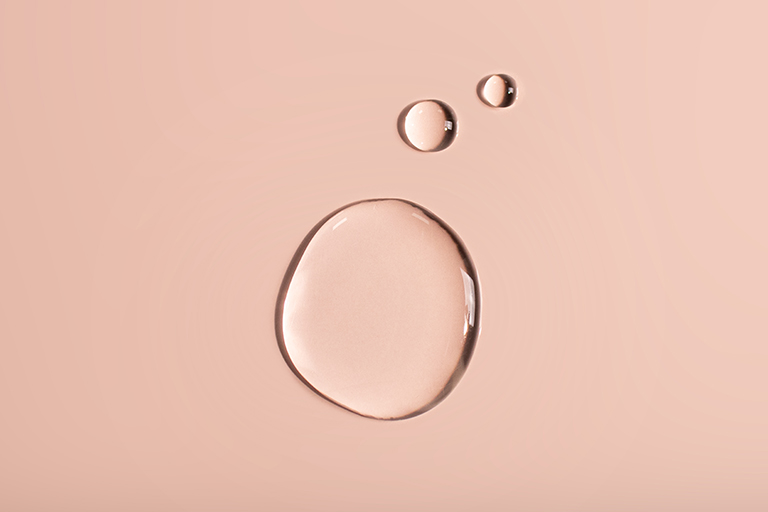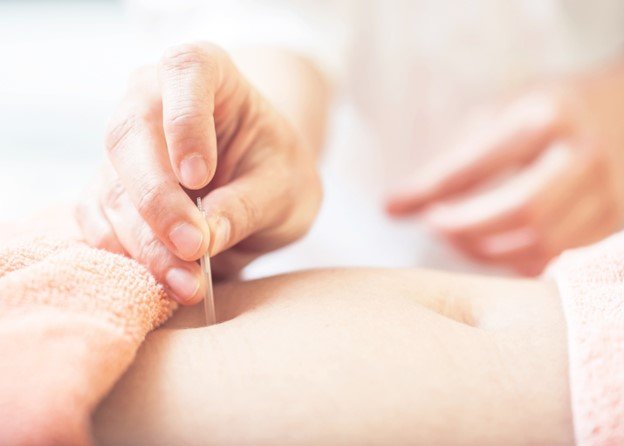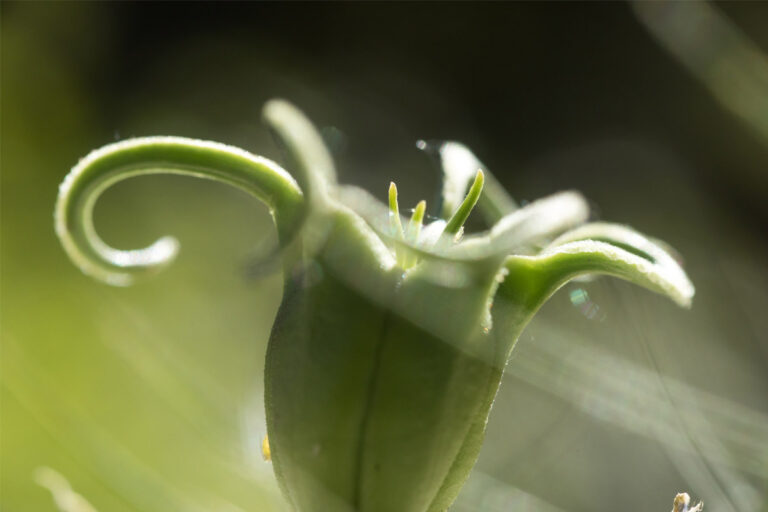Night Sweats: A Comprehensive Guide to Causes and Concerns
Night sweats, also referred to as excessive sweating during sleep, can disrupt restful nights and impact daily quality of life. While it may seem like a minor concern, night sweats can significantly affect well-being, especially if they become a persistent issue. Common causes range from hormonal changes to underlying health conditions.
Traditional Chinese Medicine (TCM) provides a holistic approach to understanding night sweats. Unlike conventional medicine, which may focus on symptoms, TCM delves into underlying imbalances such particularly as those related to Yin and Blood. TCM concepts like the Five Elements are particularly relevant in understanding how night sweats manifest.
Differentiating Night Sweats and Normal Sweating
Not all sweating at night qualifies as night sweats. Normal sweating can occur due to external factors such as high room temperature or heavy bedding. Night sweats, however, are characterized by excessive sweating that isn’t linked to environmental conditions and may occur in cooler environments. This distinction is important, as true night sweats can indicate a more serious underlying issue that requires medical attention.
Normal sweating is the body’s natural mechanism to regulate temperature. It can happen due to exercise, spicy food, or emotional stress, and usually doesn’t interfere significantly with sleep. Night sweats, on the other hand, often involve episodes that drench the sheets and may awaken the individual, impacting sleep quality and daily functioning.
Causes of Night Sweats
Night sweats are commonly viewed through the lens of internal imbalances in TCM. The body’s natural rhythms of energy, warmth, and cooling can be disrupted, leading to excessive heat at night.
- Yin deficiency leading to unrestrained Yang: In TCM, night sweats are often attributed to an imbalance between Yin and Yang. Yin represents cooling, while Yang is associated with heat and activity. When Yin is deficient, Yang becomes unrestrained, causing heat to rise, particularly during the night when the body should be cooling down. This imbalance is a common cause of night sweats.
- Qi Deficiency: Qi, the body’s vital energy, plays a critical role in maintaining health. Deficiencies in Qi, particularly in the Lung and Kidney, can lead to night sweats. A lack of Lung Qi weakens the body’s ability to regulate fluids, leading to moisture loss through sweating. Kidney Qi deficiency often exacerbates this issue, especially during rest.
- Five Elements: The Five Elements—Wood, Fire, Earth, Metal, and Water—serve as another framework for understanding health in TCM. Night sweats may be a manifestation of imbalances in these elements. For example, an excess of Fire or a deficiency in Water can create conditions where internal heat becomes excessive at night.
Common TCM Patterns of Night Sweats

Night sweats in TCM are classified into specific patterns. Each pattern has its own underlying cause, affecting not only sweating but also general health.
- Generalized Yin Deficiency with Empty Heat: This pattern occurs when there is not enough Yin to cool the body. It manifests as night sweats, hot flashes, dry mouth, and insomnia. Empty Heat refers to heat that comes from an underlying deficiency, rather than an excess, making it harder to regulate body temperature during sleep.
- Kidney Yin Deficiency: A common cause of night sweats, Kidney Yin deficiency is associated with symptoms such as lower back pain, tinnitus, and dizziness. The Kidneys play a critical role in storing the body’s essence and regulating heat, so a deficiency leads to uncontrolled warmth rising at night.
- Lung Qi Deficiency: When Lung Qi is deficient, the body struggles to regulate moisture and immune responses, leading to night sweats. Shortness of breath and frequent colds often accompany this pattern, which indicates weakened defenses and fluid regulation.
- Spleen and Stomach Deficiency: This pattern often leads to symptoms like fatigue, poor digestion, and night sweats. A weakened Spleen fails to properly manage the body’s moisture, leading to fluid loss through sweating, especially during sleep when the body’s energy is focused on restoration.
Diagnostic Methods for Night Sweats
TCM offers several diagnostic methods to identify the underlying causes of night sweats. Each approach provides insights into the body’s internal state.
- Pulse Diagnosis: In TCM, pulse diagnosis is a key method of assessing imbalances in the body. By feeling the quality of the pulse at different points, a practitioner can detect whether there is an excess or deficiency in Yin, Yang, or Qi, helping to determine the cause of night sweats.
- Tongue Diagnosis: The appearance of the tongue is a valuable tool in TCM diagnosis. A pale or thin tongue may indicate a deficiency in Yin or Qi, while a red or dry tongue can signify internal heat. These observations help practitioners tailor treatments to the individual’s condition.
- Detailed Medical History: A thorough medical history is essential in TCM. Lifestyle, diet, emotional well-being, and overall health are carefully considered. Factors such as stress, poor dietary habits, or lack of physical activity may all contribute to the underlying causes of night sweats.
TCM Treatment Approaches for Night Sweats

TCM treatments are aimed at addressing the root causes of night sweats by rebalancing Yin and Yang, nourishing Qi, and harmonizing the Five Elements. Several approaches are commonly used in TCM practice to treat night sweats.
- Acupuncture: Acupuncture helps to regulate Yin and Yang, improve Qi flow, and reduce internal heat. A study published in the Journal of The North American Menopause Society (2017) indicated that acupuncture effectively reduced the severity of hot flashes symptoms compared with no treatment.
- Herbal Medicine: Herbal formulas are frequently prescribed to nourish Yin, clear heat, and tonify Qi. Commonly used herbs for night sweats include Sheng Di Huang (Rehmannia Root) to nourish Yin and Zhi Mu (Anemarrhena) to clear heat. The combination of these herbs supports cooling while strengthening the body’s vitality.
- Dietary Therapy: A cooling diet can help manage internal heat and support Yin. Foods such as cucumber, watermelon, and pear have cooling properties, while spicy and greasy foods are avoided. Eating a well-balanced diet rich in fruits and vegetables can help reduce the occurrence of night sweats.
- Lifestyle Modifications: Lifestyle changes are also crucial in managing night sweats. Improving sleep hygiene by keeping the bedroom cool, reducing stress through mindfulness practices, and engaging in moderate physical activity can help support overall balance and reduce night sweats.
Night sweats can affect sleep quality and daily life. Understanding their causes and addressing underlying imbalances is essential for effective treatment. TCM offers a comprehensive approach, focusing on rebalancing the body through acupuncture, herbal medicine, and lifestyle adjustments.
If you or someone you know is experiencing persistent night sweats, it’s important to consult a healthcare professional. The White Birch Clinic offers comprehensive evaluations and tailored treatment plans to help you manage night sweats and boost fertility. Contact us at (289) 837-2026 to schedule an appointment.







